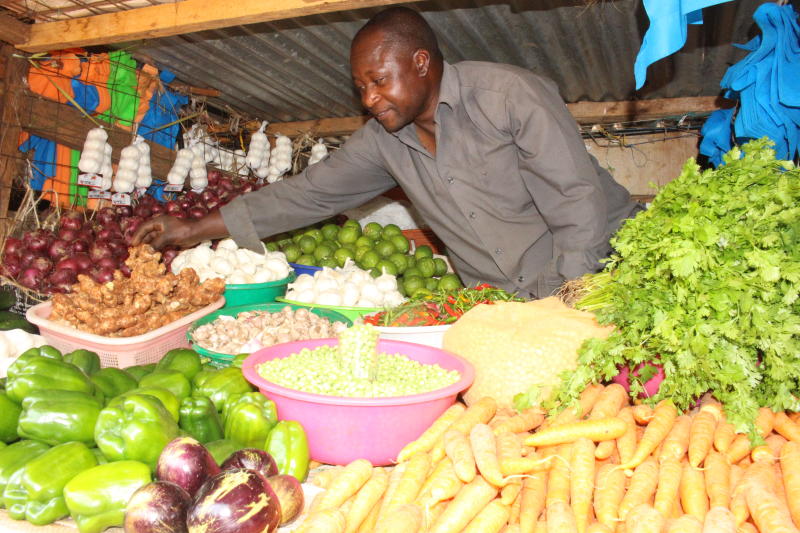×
The Standard e-Paper
Stay Informed, Even Offline

It appears Kenyans will have to dig deeper into their pockets to survive as the government remains mum on conditions set by the International Monetary Fund (IMF).
The expected reintroduction of VAT on fuel will be the latest in a string of conditions set by the IMF that will also include removal of tax exemptions on kerosene and sugar. A report that was to be released by the IMF at the end of a review of Kenya’s financial situation in July is yet to be made public.